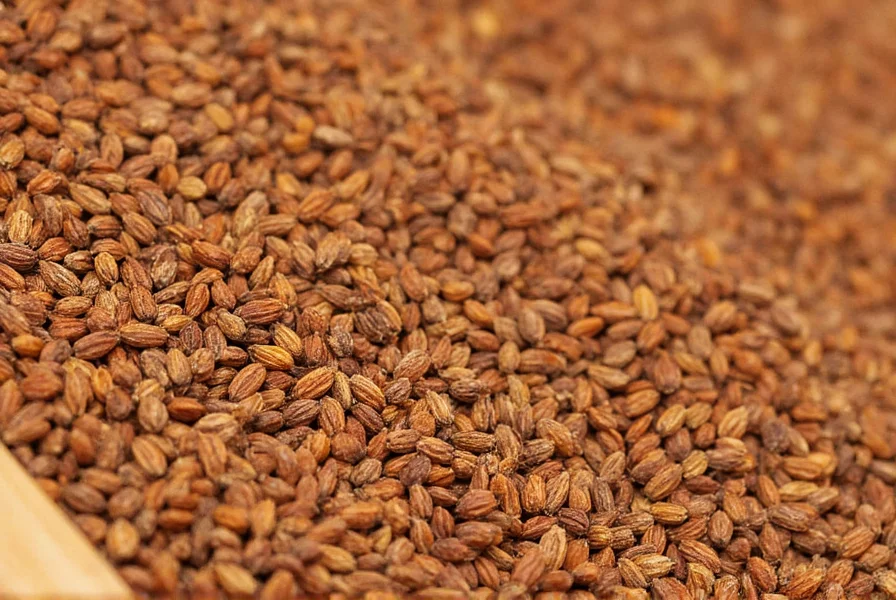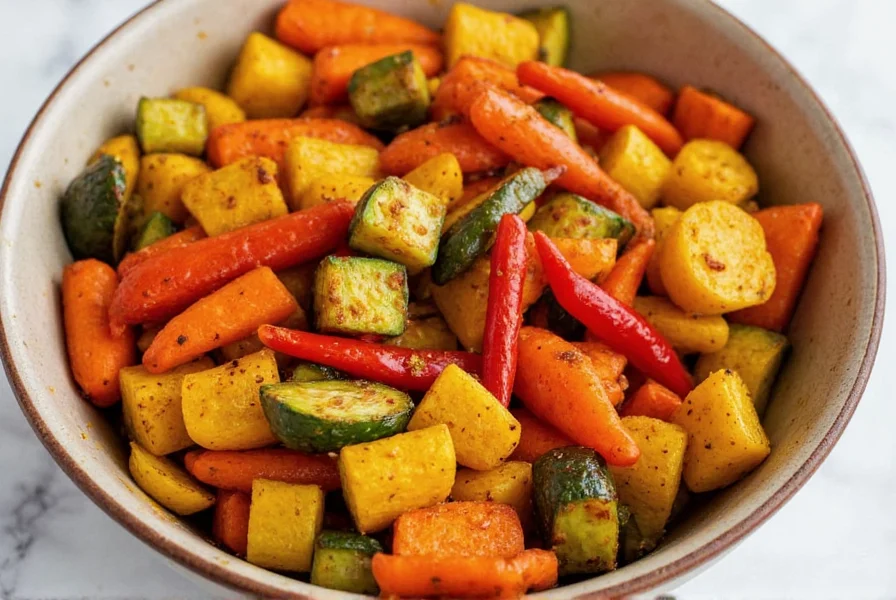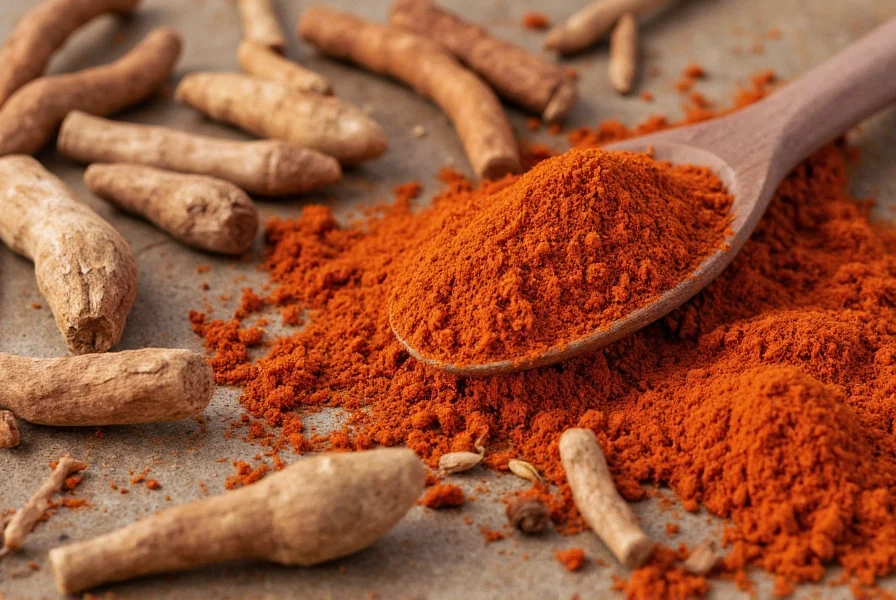Cumin (Cuminum cyminum), one of the world's oldest spices, has been used for both culinary and medicinal purposes for thousands of years. This earthy, warm spice isn't just flavor enhancer—it's packed with bioactive compounds that offer significant health advantages when incorporated into a balanced diet.
Nutritional Profile of Cumin
Just one teaspoon (2.1 grams) of ground cumin contains:
| Nutrient | Amount | % Daily Value |
|---|---|---|
| Calories | 8 | 0% |
| Iron | 0.6 mg | 3% |
| Manganese | 0.1 mg | 4% |
| Calcium | 12 mg | 1% |
| Copper | 0.04 mg | 4% |
While these amounts seem modest, regular culinary use contributes meaningfully to nutrient intake. More importantly, cumin contains powerful phytochemicals like cuminaldehyde, terpenes, and flavonoids that drive its health-promoting properties.
Science-Backed Health Benefits of Cumin
Digestive Health Support
Multiple studies confirm cumin's traditional use for digestive issues. Research published in Complementary Therapies in Medicine found that cumin extract significantly reduced symptoms of irritable bowel syndrome (IBS), including bloating and abdominal pain. The spice stimulates digestive enzymes and increases bile production, improving fat digestion—a benefit particularly valuable for those with digestive challenges.
Potent Antioxidant Properties
Cumin ranks among spices with the highest antioxidant capacity. A 2020 analysis in Antioxidants demonstrated that cumin's compounds effectively neutralize free radicals and boost the body's natural antioxidant enzymes. This antioxidant activity helps protect against oxidative stress, a key factor in chronic disease development and aging.

Blood Sugar Management
For those concerned about blood glucose levels, cumin shows promising effects. A clinical trial in Nutrition Research reported that participants taking 75mg of cumin extract daily for eight weeks experienced significant improvements in fasting blood sugar and insulin sensitivity compared to placebo. While culinary amounts won't produce these dramatic effects, regular inclusion in meals may contribute to better metabolic health.
Cholesterol and Heart Health
Several studies indicate cumin may positively influence lipid profiles. Research in Annals of Nutrition and Metabolism found that daily consumption of cumin powder reduced LDL ("bad") cholesterol and triglycerides while increasing HDL ("good") cholesterol in participants with type 2 diabetes. These effects, combined with cumin's anti-inflammatory properties, suggest cardiovascular benefits when used regularly as part of a heart-healthy diet.
Natural Anti-Inflammatory Effects
Chronic inflammation underlies many modern diseases. Cumin contains compounds that inhibit inflammatory pathways. A 2019 review in Phytotherapy Research highlighted cumin's ability to reduce markers of inflammation like C-reactive protein (CRP) and interleukin-6 (IL-6), suggesting its potential role in managing inflammatory conditions.
Potential Concerns and Considerations
While culinary use of cumin is generally safe for most people, certain considerations apply:
- Pregnancy: Large medicinal doses should be avoided during pregnancy as cumin may stimulate uterine contractions, though normal culinary use is considered safe.
- Bleeding disorders: Cumin may slow blood clotting, so those with bleeding disorders or taking blood-thinning medications should monitor intake.
- Allergies: Though rare, some individuals may experience allergic reactions to cumin.
- Supplemental doses: Extremely high doses used in supplements may cause nausea or dizziness in sensitive individuals.
How to Incorporate Cumin Into Your Diet
Maximize cumin's benefits through regular culinary use:
- Add to roasted vegetables for enhanced flavor and nutrient absorption
- Include in homemade spice blends like curry powder or chili seasoning
- Toast whole seeds briefly before grinding to intensify flavor and bioactive compounds
- Use in lentil, bean, and grain dishes to improve digestibility
- Add to salad dressings and marinades for extra health benefits

Cumin Compared to Other Spices
While each spice offers unique benefits, cumin stands out for its digestive properties and iron content. Compared to turmeric (known for curcumin), cumin provides more immediate digestive support. When combined with black pepper (which contains piperine), cumin's absorption and effectiveness increase significantly—a perfect example of how spices work synergistically.
Conclusion: Is Cumin Good for You?
The scientific evidence confirms that cumin is indeed good for you when used as a regular part of your diet. Its impressive range of health benefits—from supporting digestion to providing antioxidant protection—makes it a valuable addition to any kitchen. Unlike many supplements that promise benefits without sufficient evidence, cumin's health properties are well-documented in scientific literature. For optimal results, incorporate cumin regularly into your cooking rather than relying on occasional use or high-dose supplements.











 浙公网安备
33010002000092号
浙公网安备
33010002000092号 浙B2-20120091-4
浙B2-20120091-4